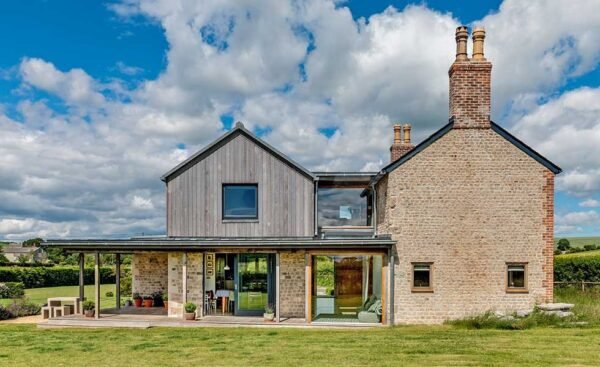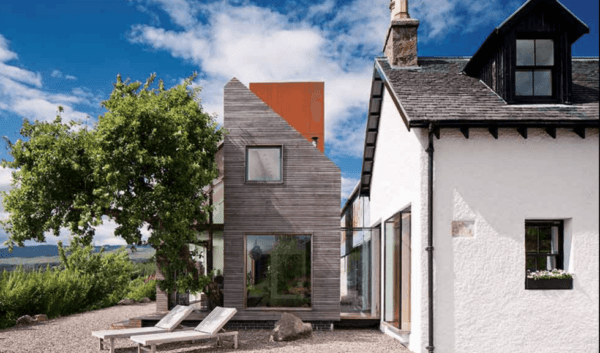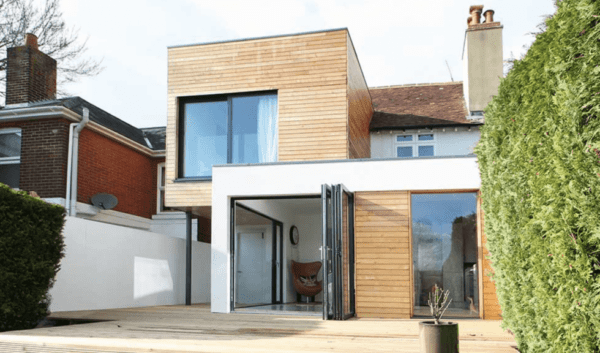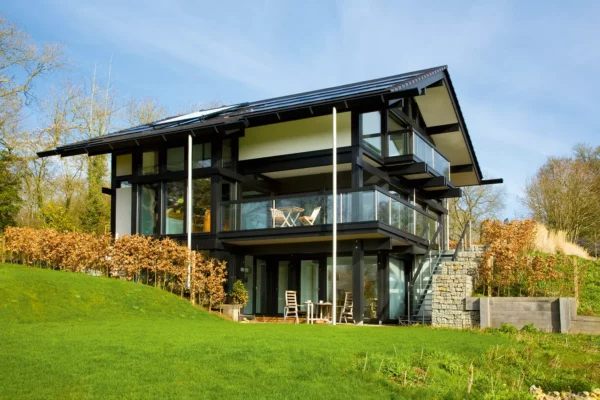
Planning a self-build project is exciting but daunting at the same time, especially when you’ve never had the experience of a building project before.
If you’re new to the subject but you’re seriously considering building your own home, then take a look at the following article. From choosing an architect to applying for planning permission, we’ll help you to get your head around all the key knowledge you need to know before taking the plunge and building your own home.
Research The Process

Taking on a self-build project isn’t for the faint-hearted, it can be stressful and often overwhelming, but can also be incredibly rewarding. Sometimes, the only way you’ll be able to achieve the home of your dreams is by designing it exclusively to your induvial tastes and needs. Before you get stuck into a self-build project though, make sure you do your research to help you decide if it’s the right option for you and any family you have too.
Buying New Land
If you’re going to be building a new home completely from scratch, you might not have yet found the perfect piece of land in which to do it. In addition to the elements that will make the land right for you and your family, there are some other things you should consider too. For example, if there is access to essentials such as water, electricity, and sewer systems. Contact the estate agents selling the land or contact the local county council and give them the address of the land and they will be able to tell you what kind of utilities it’s connected to. You can also find out whether or not the land comes with any planning permission, or if it would be likely it could get granted planning permission to build the plans you have in mind.
Extending Your Current Home

It might be that you’re planning a building project as an extension of your existing home. If you want to create more living space or add extra bedrooms or bathrooms, then extending your home could be the perfect answer without having to move house entirely.
If you’re having building work done on your home, you need to decide whether you’re going to remain living in the house whilst it gets carried out. Could you cope with the noise and mess and the potential health and safety issues? It might also be necessary to turn off utilities whilst some work is being carried out, such as water and electricity, so this could impact your daily life. If possible, see if you can stay with close friends or family for a while until the work is completed. Alternatively, you stay in a hotel or B&B for a few days whilst some of the most major work is being done to help make sure you have access to essentials. As with building a new home, you will need to apply for planning permission for your home extension to make sure you’re following regulations in your neighborhood.
Finding The Right Architect
An important decision you will need to make for making sure the design of your home is perfect is finding the right architect. It can make a huge difference to the end result of your home build and how well it fits your needs and lifestyle. The right architect from architecture companies brisbane will listen closely to the plans you have and try and incorporate them as much as possible. They will also be able to suggest useful ideas on how to improve the plans and maximise the potential of your property. You may also consider the assistance of architects Melbourne; they will provide top-notch service that can help you build your dream home.
There are a number of Cheshire-based architects that have a wealth of experience with designing homes and working with discerning clients. Cheshire is a great place to set up home as it’s close to beautiful countryside, a range of amenities, as well as designer and boutique stores. House prices also perform quite well in Cheshire, so you’ll likely get a good price for your property if you should choose to sell or rent it one day.

Budget Planning
The earlier you designing your budget plan, the more time you will have to gather information and make adjustments as needed. You also need to be realistic about designing your budget plan.
When estimating costs, you will need to consider the real cost of the materials and labour that will be requiredand be realistic about how much they could end up costing. It is also important to factor in unexpected costs, such as difficult weather conditions and potential changes in market costs. Try and get quotes from multiple vendors as this will help you to get the best possible price for materials and labour.
You should also make sure you create a contingency fund. This will help to cover unexpected costs that may arise during the project.
Whilst you are building your home you need to track your spending. This will help you with staying on track with your budget and to identifying any areas where costs may be rising.
Planning Permission
Do your research before you apply for planning permission, it’s important to understand the planning process in your area and any regulations you may need to follow to help improve the chances of the application being improved. This includes knowing what type of architecture is allowed in your area, what regulations and criteria there are, and what the requirements are for submitting a planning application.
If you’re unsure about the laws and regulations around getting planning permission, then seek advice from your local council and consult with your architect if they’re experienced in it. They can help you to get your head around the requirements for your application and to prepare the right documentationand information. You can then submit a complete planning application. This includes providing all of the required information and documentation, such as plans, drawings, and a site survey. There is usually an application fee for planning permission, and this will vary depending on the size and complexity of the development.
It’s not unusual for the planning process to take several months or even years. Be patient and be prepared to provide additional information or documentation if requested by the planning authority.
